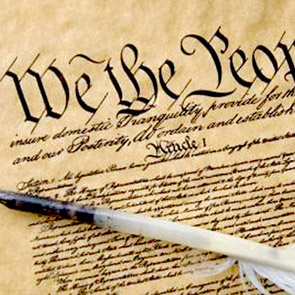Democracy, Disenfranchisement, and Naturalization
by admin - February 20th, 2012
Mon 2/20: No Class
Wed 2/22: Democracy in Practice II. Reading: GC Chapter 4. Due in class: Citizenship Exam Reflection paper. Download the guidelines here (Word doc).
Mon 2/27: The Disenfranchised. Reading: Jeannette Wolfley, “Jim Crow, Indian Style” (PDF) and RV Chapter 5
Wed 2/29: We attend Worcester’s Naturalization Ceremony. It is at noon in Mechanics Hall, but we need to be there at least by 11 am. Please arrange to be free to go that day if AT ALL possible; I am happy to send a note of explanation to a professor if there’s a conflict (but of course I cannot require you to attend). We will not have a class that day, the ceremony takes the place of class.

